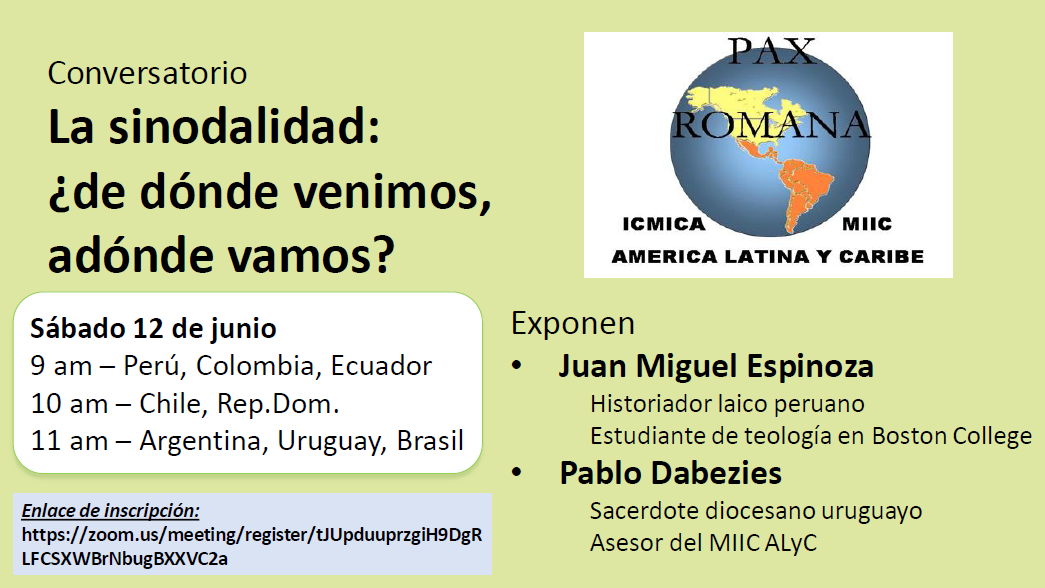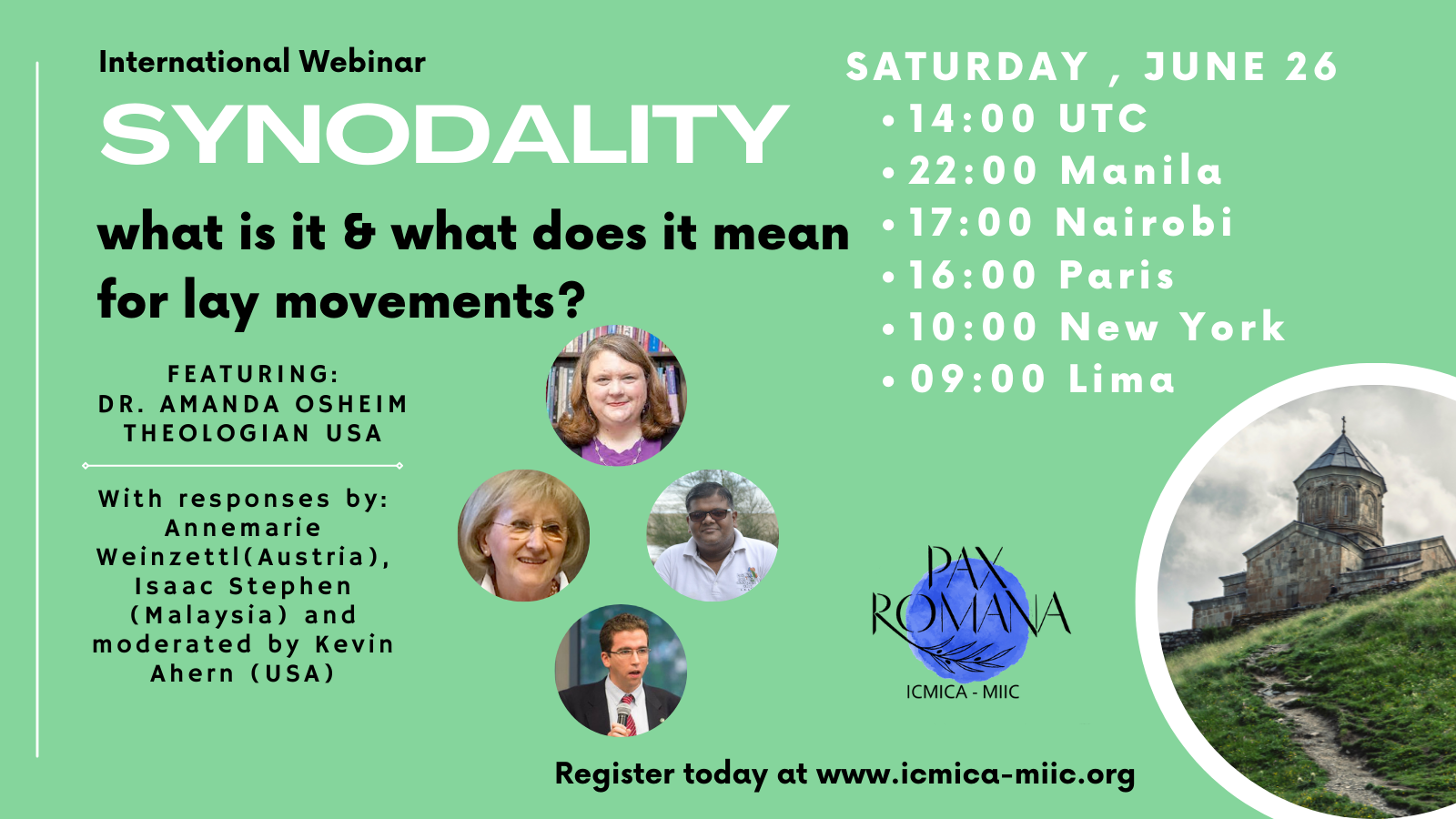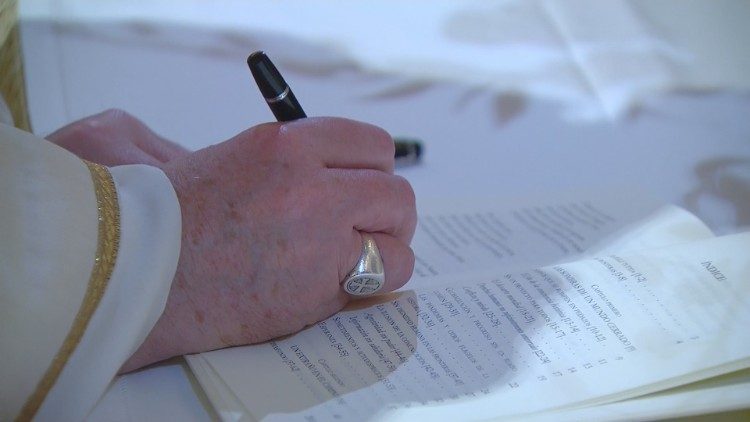This month the world lost one of its greatest leaders – Nelson Mandela. On Tuesday, hundreds of world leaders, including those from the most powerful countries, joined South Africans, and the world, in a memorial service for the anti-apartheid icon.
Eulogising Mandela, US President Barack Obama said his was “a life unlike any other” and compared him to freedom heroes Mahatma Gandhi and Martin Luther King Jr. Obama described him as “a giant of history, who moved a nation toward justice and in the process moved billions around the world”.
The memorial got us thinking: Among current leaders of the world, is there any whose ideals, courage and moral standing could move the world like Mandela did? The following day – as if to answer our rhetorical question – the Time magazine named Pope Francis as its Person of the Year 2013.
“What makes this Pope so important is the speed with which he has captured the imaginations of millions who had given up on hoping for the church at all,” the magazine said. This single event calls the word’s attention to the works of the Argentine-born pontiff, and what sets his apart. Just like Mandela managed to hold his country together when it threatened to fall apart during the anti-apartheid struggle, in less than a year, the Pope has transformed the dominant discourse around Catholicism from scandal and despair to joy.
Is he the new Mandela in the making? Francis has made it known, that he wishes for the Church to be a church of, for, and with the poor. He visits and speaks to the poor and subjugated, in person. Now nicknamed ‘Pope of the Poor,’ it is rumoured that he sneaks out of the Vatican at night, dressed as a regular priest, to meet with the poor and homeless.
He has appointed a committee of eight cardinals to advise him on how to reform the Vatican bureaucracy. Any such committee through which the Pontiff conducts the business of the Church is called the Curia. The Cardinals are set to examine each Vatican office—hopefully with a view to making each more ‘mission-oriented.’ In response to the clerical sex abuse scandal in Church, the Pope has appointed a panel of experts to advise him on protecting children from pedophiles and helping abuse victims heal.
But there is more the Pope can do to win the hearts of millions who are disillusioned by the Vatican and be remembered as another Mandela. The Vatican needs to do more to support the day-to-day apostolic efforts of the lay people: the youth, women, students and young professionals. For instance, there is need for a position in the Curia, akin to a lay liaison to serve as a resource for the apostolic initiatives aimed at forming responsible lay leaders of the church.
Currently there is a Pontifical Council for the Laity, an office which assists the Pope in his dealings with the laity. However, this office does not have a high standing in the Vatican bureaucracy: it is inferior relative to offices responsible for enforcing Church doctrine, overseeing clergy and selecting bishops around the world. The Pope’s support to elevate this office will have the potential to not only engender but strengthen a common sense of mission among the laity.
There is need for greater efforts to include the voices of lay women in the Curia. The number of lay women, and in particular those who are not in consecrated life, has not grown much since Paul VI. International lay associations can help the Curia identify qualified women with diverse experience to share their gifts with the Church.
As a witness and a sign of the universality of the Catholic mission and communion, certain curial offices could be relocated out of Rome. The logistical benefits of having all curial offices in the same location and the symbolic power of being in proximity to the Chair of St. Peter are appreciated. However, the relocation of some curial offices and opening of satellite offices outside of Rome would be an important witness to the call and example of the Holy Father for the church to become a ‘church that is poor and for the poor.’
Nonetheless, Pope Francis, in his works and deeds in and outside the Vatican, seems to be a man out to create a mark in the hearts of billions who had begun losing hope in the Church. Whether this will earn him space among the greatest people to have lived is for you – and time – to tell.
Kevin Ahern (kevinglauberahern@gmail.com), an assistant professor of theology at Manhattan College in New York is the President Pax Romana ICMICA, an association of Catholic Academics, for North America.
Fredrick Wamalwa(fredwamalwa@yahoo.co.uk), studying for a PhD in Economics at the University of Cape Town, South Africa is the President of the Pax Romana ICMICA for Africa.




Leave A Comment
You must be logged in to post a comment.